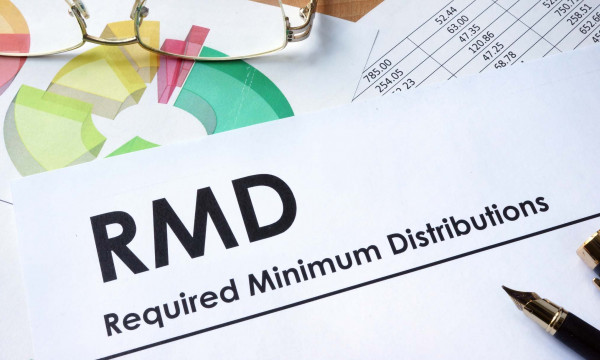Why Work a Couple Extra Years?
Conversation, advice, updates and tips from your friends at UBT

Retirement. Have you thought about it lately? Maybe you dream about retiring at age 65, or earlier, to travel the world, visit family, or read the stack of books you’ve collected over the years. Everyone has a dream, but many are putting it off to work a little longer. Let’s take a look at why working into your retirement years may have a positive impact on your overall well-being!
Retirement Savings
To receive full social security benefits, you must be between the ages of 65 to 67 depending on the year you were born. If you plan to retire at 65, you might only receive a portion of your benefits. Financially, working beyond age 65 will not only allow you to receive increased social security benefits, but your savings will have substantially grown over the extra two to five years.
Most experts would suggest saving between 12% and 15% of your salary towards retirement. Assuming a 12% deferral rate beginning at age 25, if that 25 year old worked until they were 65, they could have saved up to $1,159,986* in retirement savings. Working another five years may expand their portfolio by $488,746.* Continuing to invest in your retirement plan can really pay off!
Life Expectancy
Baby Boomers, on average, are expected to live to the age of 84.3,** which is the longest life expectancy in U.S. history. With this in mind, if you enjoy your job why not stay a few more years to reap the benefits of prolonged financial security?
Work-Life Satisfaction
AARP reported three out of five retirees choose a new career path after they retire. They work for the fun of it because it’s more rewarding, flexible, and fulfilling. AARP said individuals who have started new careers after retirement report their job being less boring and stressful, likely because they don’t have to work; they choose to work. Bottom line: if you love what you do, are happy where you are, or even want to start a new career path in retirement, it may be beneficial to work a few more years to reach your retirement savings goals!
*Assumes $40,000 starting annual income, 12% contribution, 3% salary increase, 6% rate of return
**washingtonpost.com
Learning Center articles, guides, blogs, podcasts, and videos are for informational purposes only and are not an advertisement for a product or service. The accuracy and completeness is not guaranteed and does not constitute legal or tax advice. Please consult with your own tax, legal, and financial advisors.



